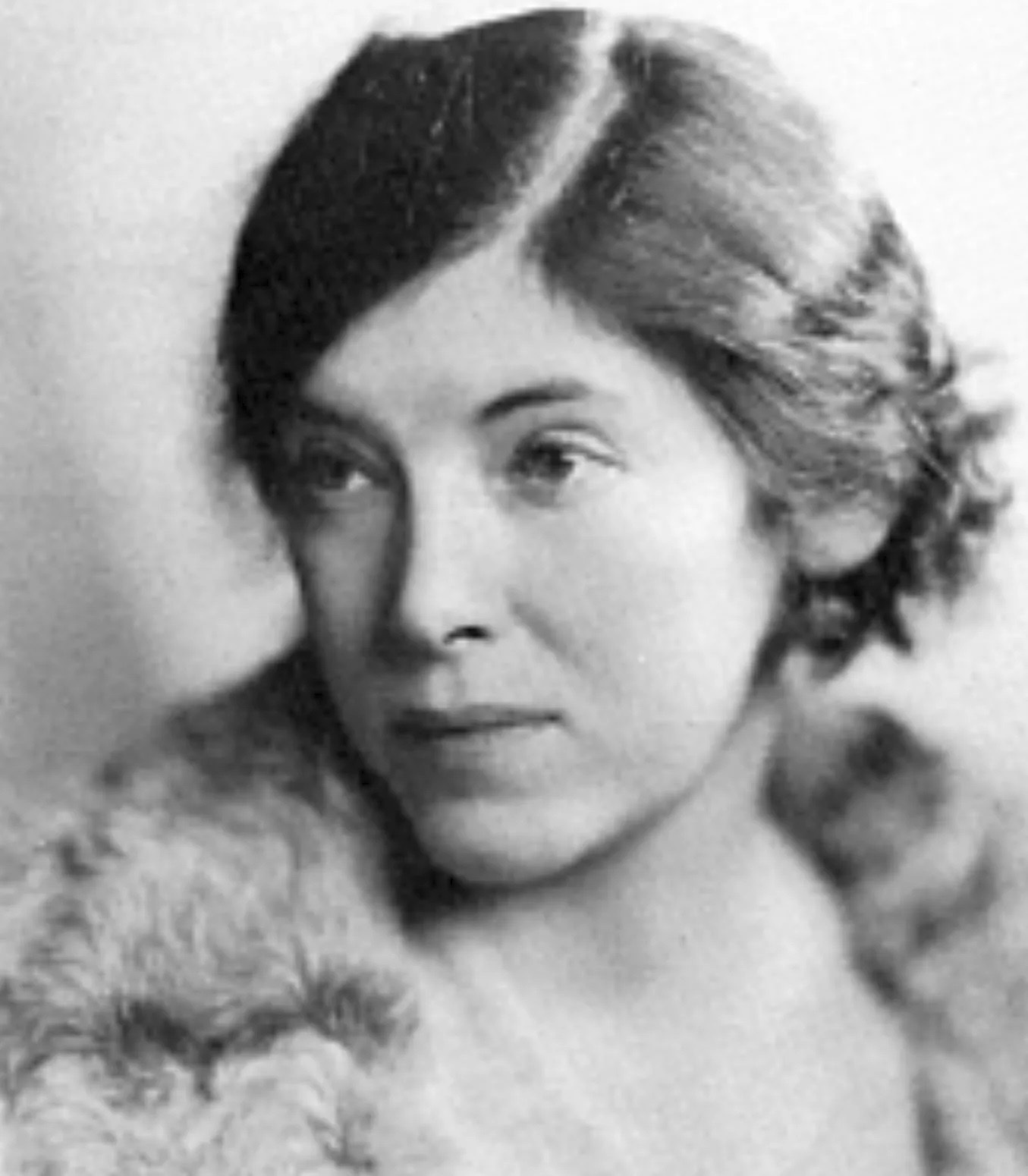"It was wonderful not having to do absolutely anything, just sunbathe all day like lizards in the shade of the tall, whitewashed garden walls." At 41, after a life marked by tuberculosis and several tumultuous relationships, Gamel Woolsey (1895-1968) seemed to have found the tranquility she longed for in her home in Churriana, on the outskirts of Malaga. However, that tranquility was short-lived. The next morning, the Spanish Civil War broke out, and she and her husband, the British Hispanist Gerald Brenan, had to leave the country, an exile during which she wrote one of the books that, along with Monte de Sancha by Mercedes Formica, best reflect the early days of the war in Malaga: The Other Kingdom of Death (Editorial Ágora), a title taken from a verse by her favorite writer, T. S. Eliot.
Woolsey was born in Aiken, South Carolina, into a wealthy cotton family where, judging by her poems, she lived the happiest years of her life: "From late summers fall leaves/ calm in memory, skies darken/ forever they will remain impavid". However, she left the family home in 1921 to settle in New York's Greenwich Village and lead a bohemian life, attending parties and publishing in literary magazines. She also found time to marry the fashionable journalist at the time, Rex Hunter, whom she turned into the protagonist of her novel One Way of Love.
Hunter was abandoned by Llewelyn Powys, a British poet and novelist, who like her suffered from tuberculosis. They had a tumultuous and impetuous relationship, involving his wife, the editor and radical feminist Alyse Gregory, from which two extensive correspondences were born. She moved with him to London and became acquainted with the Bloomsbury circle, where in 1930 she met Gerald Brenan, with whom she would never part. Despite Hunter not granting him a divorce, she took on Gerald's last name, and in 1932, during a visit to Rome, they held a self-invented religious ceremony at the Church of Santa Maria in Aracoeli, exchanging vows and rings. Their relationship began with her love for Powys until his death in 1939, and Brenan's emotional turmoil since being rejected by Dora Carrington.
IN SEARCH OF THE SOUTH
Initially, they moved to Yegen, a village in the Granada Alpujarra where Brenan had settled after the First World War, where he had been awarded the croix de guerre. Due to her illness, she had not been able to have children with her previous partners, so she embraced Miranda Helen, a girl from Brenan's relationship with a 15-year-old helper at their Alpujarra home, as her own. They later bought the house in Churriana, where they returned after the war. "Those were the happy years on the Costa del Sol," explains Professor Carlos Gerald Pranger in the Introduction to the Complete Poetry of the writer, "and Woolsey and Brenan's house became a beacon, a guide for writers, eccentrics, and travelers of all kinds."
After a hiatus from writing, she resumed with vigor during those years and penned one of her finest works, In Search of Demeter, "a long poem haunted by the ghostly presence of the deceased mother, remorse, and guilt," as described by Pranger, who adds: "All her poems are rooted in the ephemeral and loss, pervaded by nostalgia and the soul's dissatisfaction, with a blues tone, always with one foot in the past." Her literary productivity abruptly ended when her admired T. S. Eliot, director of the poetry section at Faber & Faber, sent her a "harsh and cold rejection letter" for her verses. She then turned to "drinking, like her mother did, lamenting a wasted literary career, where nothing remains, only the terror of the end, an inevitable fact."
The last years of her life were not the best. Brenan never ceased pursuing lost paradises and continued his fascination with beauty and youthful femininity. She passed away in 1968 in excruciating pain due to a terrible cancer treated unsuccessfully, as the attending doctor, with strong Catholic convictions, refrained from administering morphine. She is buried alongside Brenan (who died in 1987) at the English Cemetery in Malaga. Shortly before her death, she wrote a poem as an epitaph: "When I am dead and finally at rest (...)/ and soar with the birds, float with the fish/ ascend like smoke and shine like flame./ To be free lost in nothingness,/ let not the grave confine me, nor death seal me".
